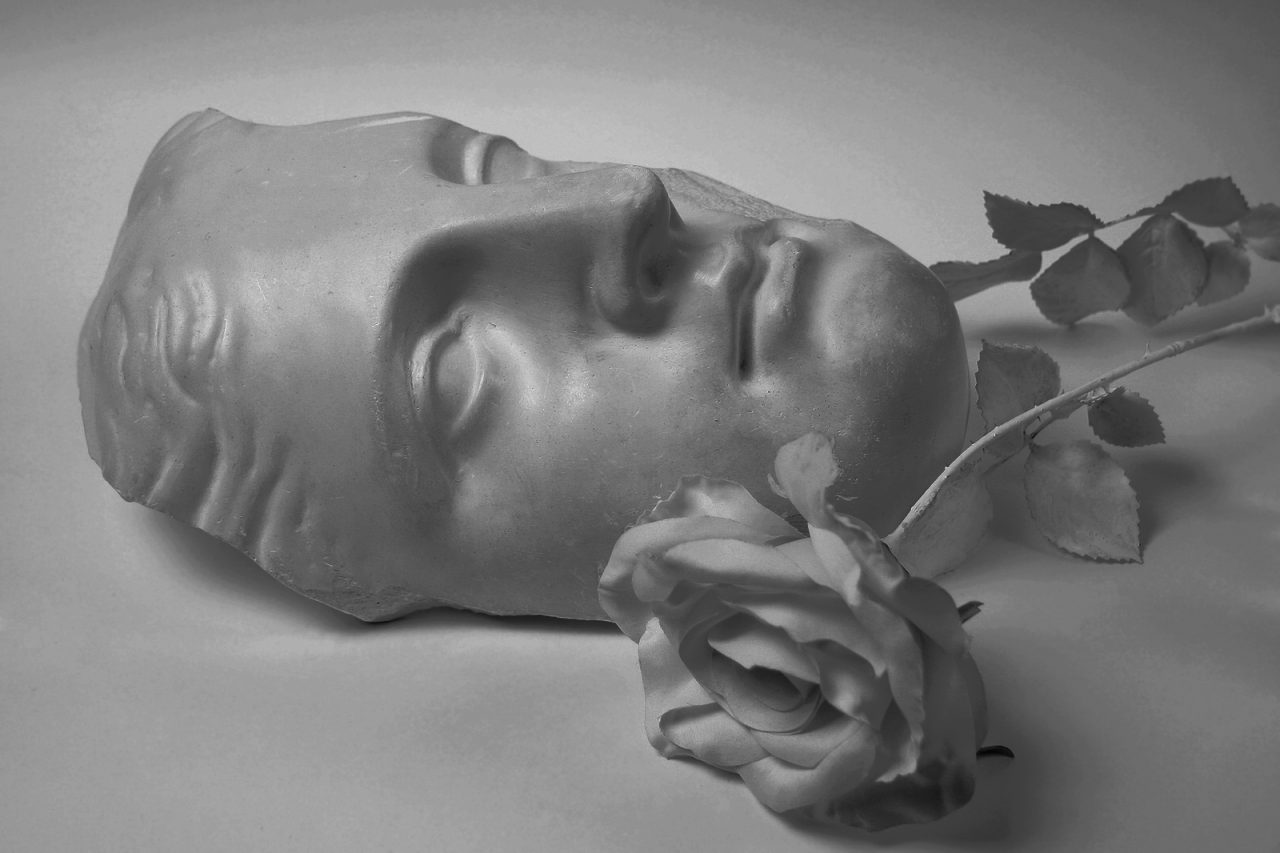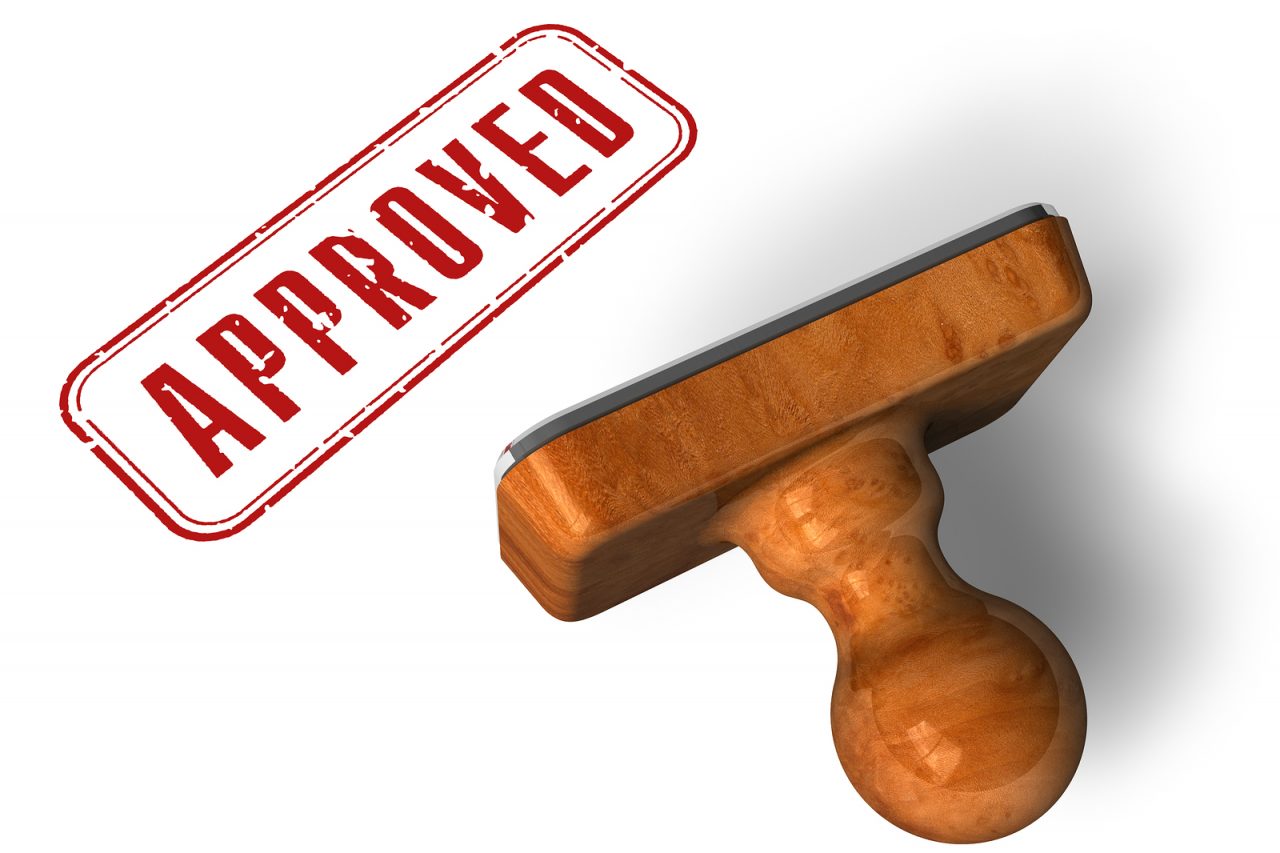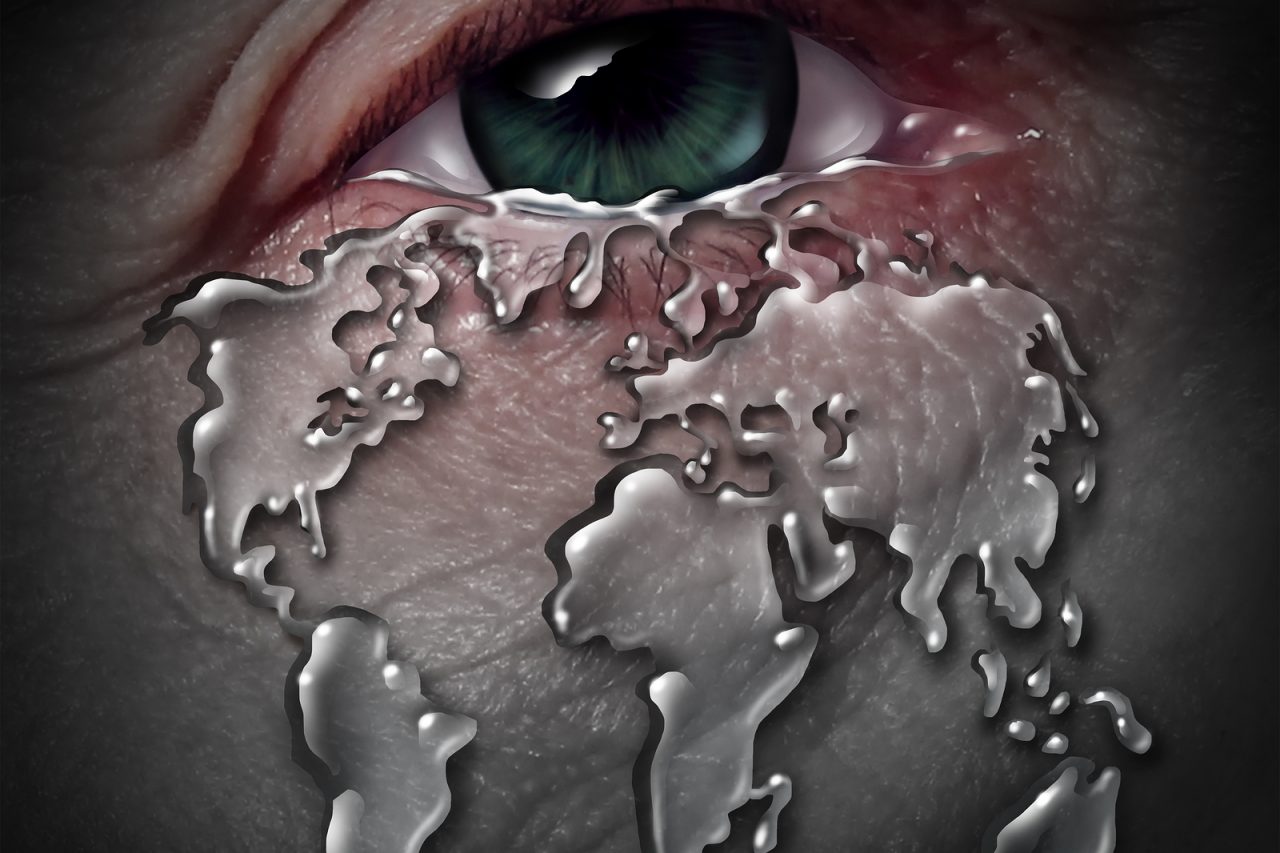Any doctor or nurse who works in hospice will tell you it has been hard to gain respect. “Real” doctors, like oncologists, rule-the-roost, and they have been slow to “share” their patients with palliative medicine. The result is that patients are referred late or not at all, and often die without the benefits team focused end-of-life care delivers. Asked why they are reticent to accept the “new” ideas of quality and comfort, cancer docs are somewhat lost, incredulous. After a moment of thought they answer, “It’s the same thing we have been doing all along.”
In response, hospice and palliative medicine clinicians start to babble and spit. 29% of patients are referred to hospice in the last 3 days of life. If a patient is old or a minority, they are not likely to get pain control. 70% of advanced lung cancer patients think they are curable. Patients often die in hospitals on machines, not in their homes, as they so desperately wish. Hundreds of billions of dollars are wasted on futile care. How can cancer physicians be so deluded?
“You don’t care!”
“I care!”
“Your patients deserve control of their symptoms.”
“We treat symptoms and give pain control.”
“You do not know what you are talking about!”
The end-of-life folk and the cancer docs scream back and forth, each believing that they are righteous, that they have the patient’s best interests in mind. A failure to communicate. They are both right.
Cancer doctors step in at what is often the worse part of a patient’s life; the moment the patient learns they have a horrid disease. Oncologists make the original diagnosis. They tell the patient. They design the therapy. They tell the patient. They deal with the heartbreak of relapse. They treat the nausea and vomiting and depression and diarrhea and mouth sores and fear and anger and pain. They fight, along side the patient, thru surgery, radiation, chemo and never-ending complications. They are friends, counselors, guides, teachers, shoulders to cry on, even preachers, but also scientists, clinicians, and, of course, torturers.
Along comes the hospice doc, and what does he say? “You have to start practicing palliative medicine. There is so much more that can be done to empower the patient, get the patient out of the hospital, give the patient a chance to really live during the last part of life, not just focus on treatment. You must support your patient. You have to focus on quality of life. You have to give real personal care.”
When, the palliative doc correctly points out all the additional things that can be done to help patients at the end-of-their-life, it is heard by the oncologist as an indictment, as failure. Despite devoting a career, 80 hours a week, year after year, trying to help and heal, they are told that they have failed, that they are doing a bad job.
There are wonderful and special opportunities for patients using the ideas of palliative and hospice medicine, but front line physicians who have given their all, who may have relationships lasting years, feel guilt at the accusation, at the realization, that they might, just maybe, have allowed or even caused unnecessary suffering. Deeply committed to their craft and to their patients, this idea is painful for them. Their response is an important warning.
The methods and availability of patient centered supportive medicine must continue to spread. Better communication, patient control, improved symptom management and expanded options. These ideas must be implemented, not just by palliative specialists, but must complement the work of caregivers already in place, who have devoted their lives to this battle. By being aware of their motivation, their place, their commitment, we can work together, as a team, to deliver quality throughout life, through all phases of care, even to its end.







18 Comments